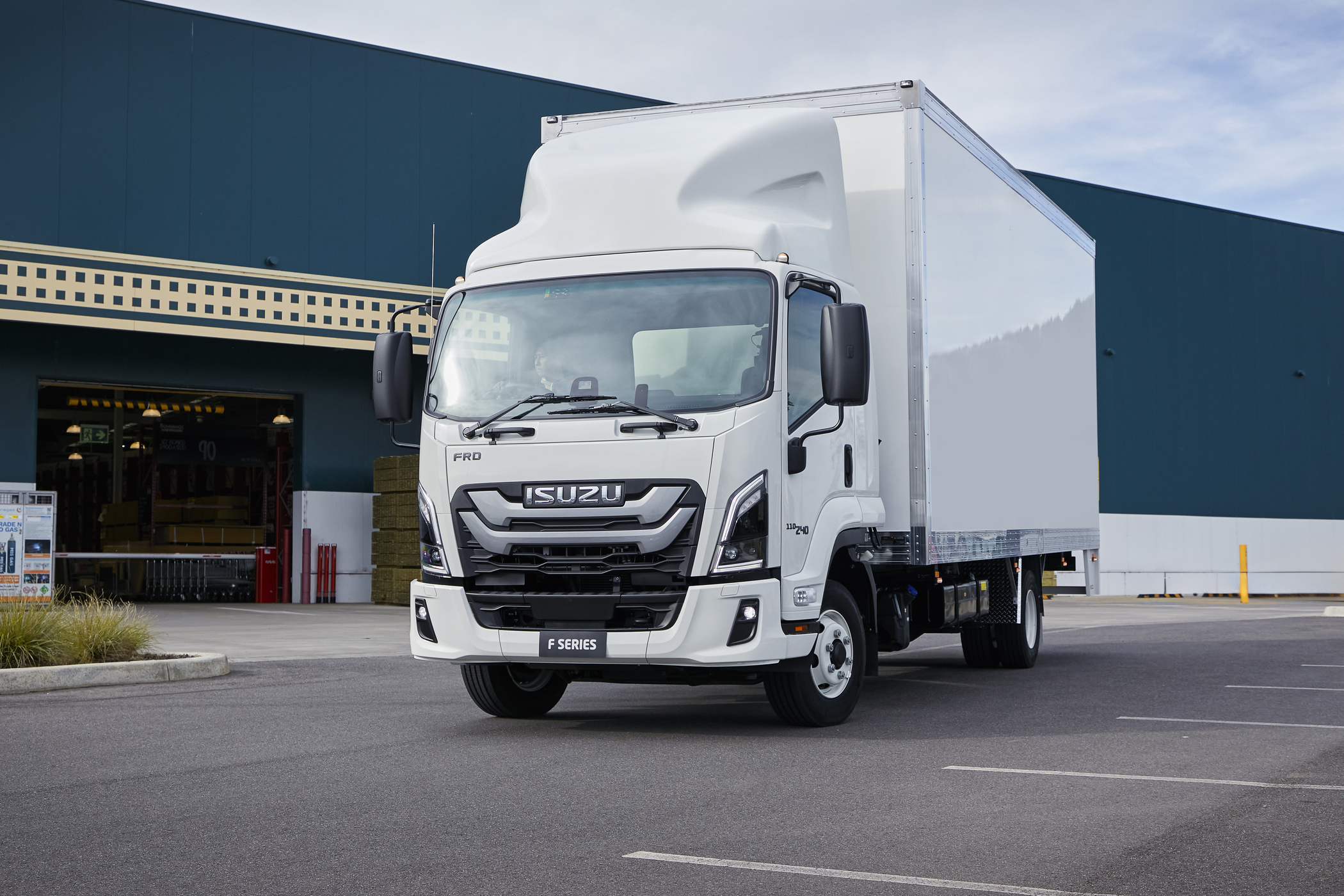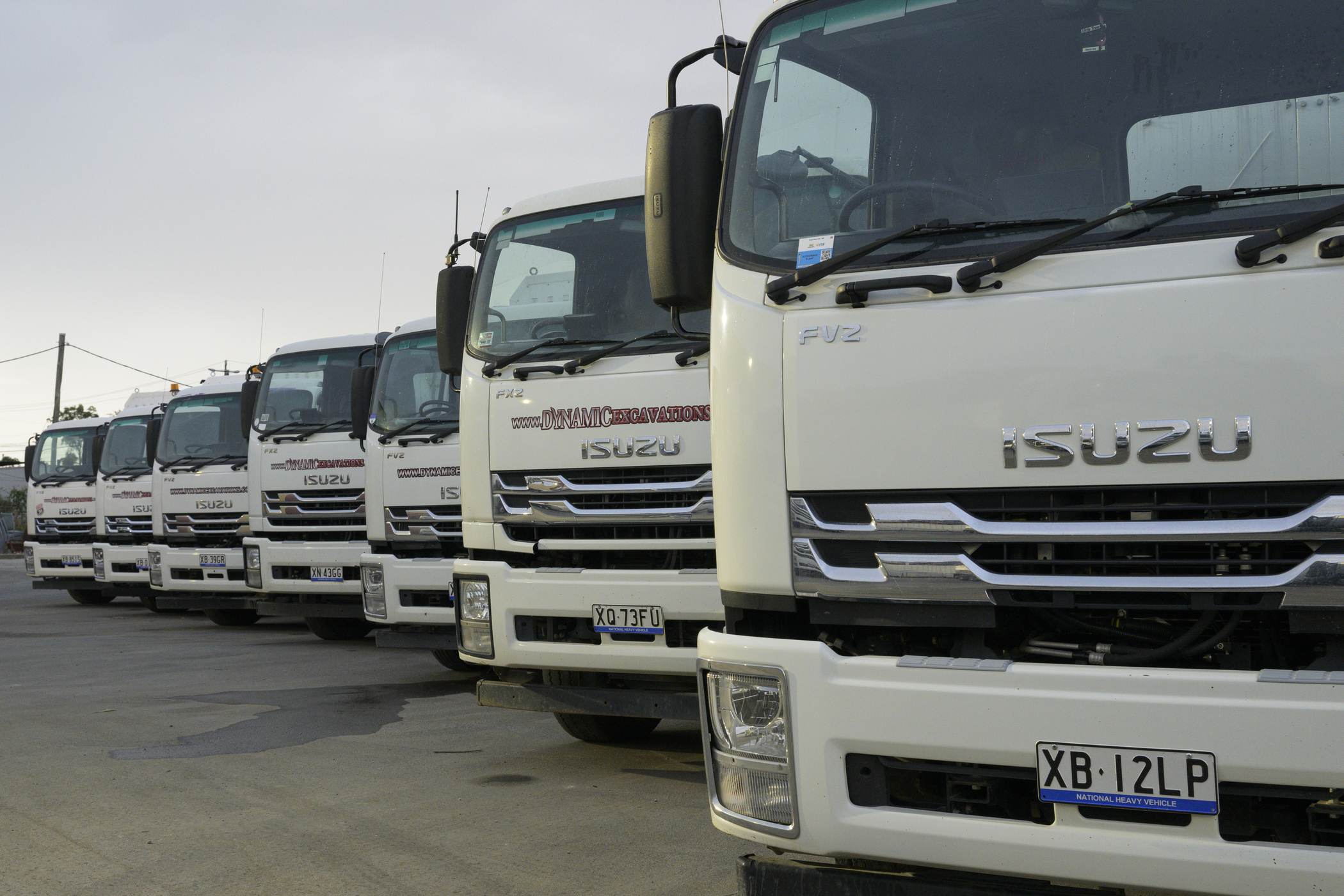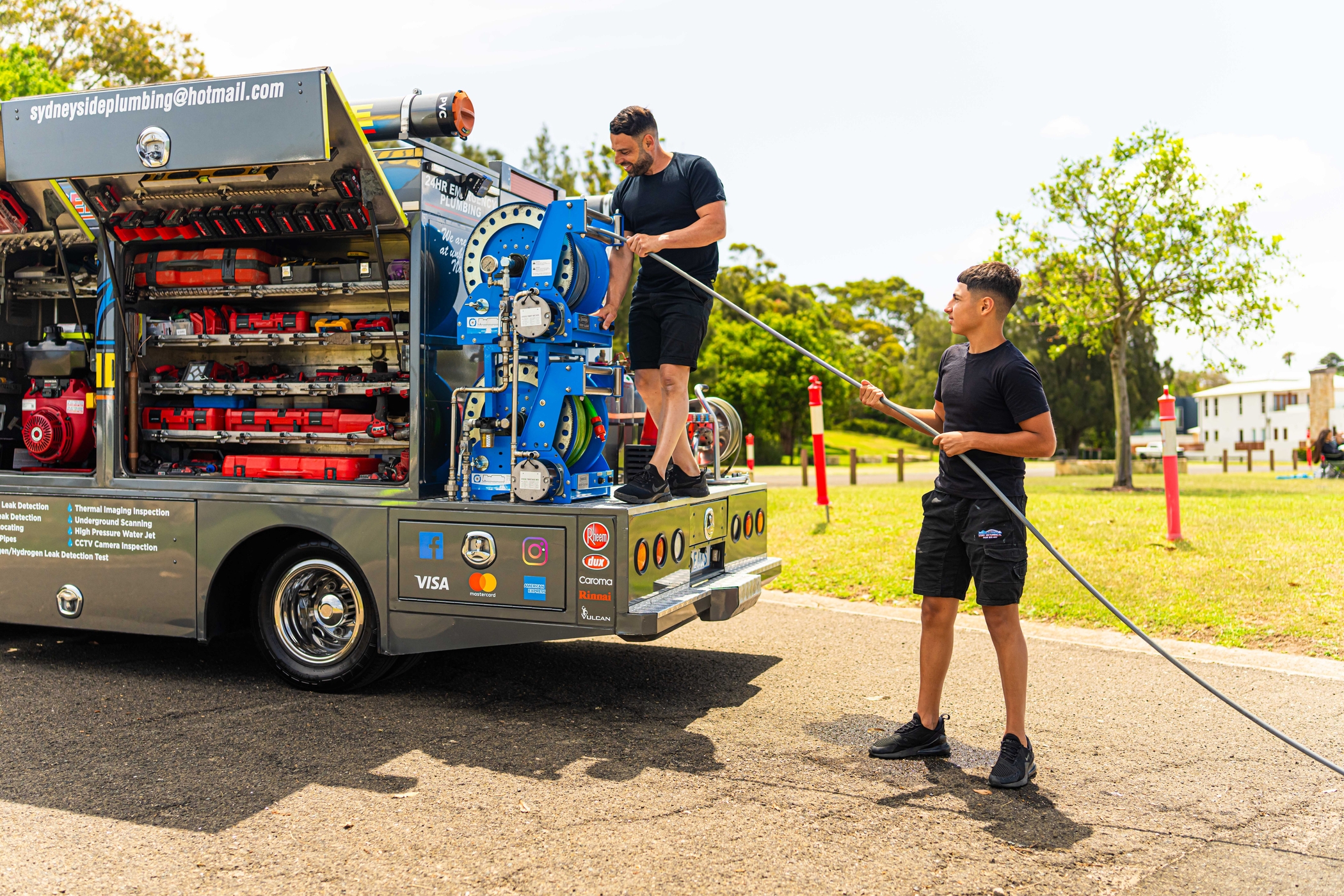Managing A Road Accident: The Dos And Don’ts

Road safety first: whether you drive a truck, a car or are a passionate biker on the go, its important to maintain safety while driving on the road, both, for yourself as well as other road users.
Quite literally, our lives can depend on it. But despite our best efforts in taking the necessary precautions, sometimes the inevitable happens and road accidents occur.
At times, these accidents can be life-threatening, impacting drivers, passengers and other road users. Significant damage to vehicles, equipment, surrounding infrastructure and the environment is another inescapable reality of a road accident worth considering.
Of course, there are number of contributing factors that effect on-road safety; think growing traffic congestion across our major cities and towns, animal collisions, holiday makers and unpredictable weather conditions.
But despite our best efforts in taking the necessary precautions, sometimes the inevitable happens and road accidents occur.
At times, these accidents can be life-threatening, impacting drivers, passengers and other road users. Significant damage to vehicles, equipment, surrounding infrastructure and the environment is another inescapable reality of a road accident worth considering.
Of course, there are number of contributing factors that effect on-road safety; think growing traffic congestion across our major cities and towns, animal collisions, holiday makers and unpredictable weather conditions.
 Prevention the best cure
There’s little doubt that regardless of what vehicle you’re in control of, it’s the primary role of any driver to stay alert and safe.
However, for transport administrators and fleet managers, accident risk can be greatly reduced by ensuring that drivers have robust on and off-road safety regimes in place and are well versed in preventative road safety measures.
A good starting point is to increase driver awareness of the vehicles they are ultimately responsible for. Building familiarity with the vehicle is a significant first step.
Drivers of all persuasions should have a deep understanding of their vehicle(s) to deal quickly and effectively deal with risky situations when it really counts. Knowledge of safety features such as stability control for example, can greatly affect a driver’s actions when things get willing.
This also encourages confidence among new drivers too, especially as they are likely to be exposed to challenging traffic conditions and unfamiliar routes.
Prevention the best cure
There’s little doubt that regardless of what vehicle you’re in control of, it’s the primary role of any driver to stay alert and safe.
However, for transport administrators and fleet managers, accident risk can be greatly reduced by ensuring that drivers have robust on and off-road safety regimes in place and are well versed in preventative road safety measures.
A good starting point is to increase driver awareness of the vehicles they are ultimately responsible for. Building familiarity with the vehicle is a significant first step.
Drivers of all persuasions should have a deep understanding of their vehicle(s) to deal quickly and effectively deal with risky situations when it really counts. Knowledge of safety features such as stability control for example, can greatly affect a driver’s actions when things get willing.
This also encourages confidence among new drivers too, especially as they are likely to be exposed to challenging traffic conditions and unfamiliar routes.
 Dotting the ‘Is’
You can prepare for every scenario, but when the unthinkable happens, truck drivers are often first on the scene.
Supplying every vehicle in your truck fleet with a Motor Vehicle Accident Report Form can assist drivers involved in a road accident, or who witness a crash, to take the appropriate steps.
Another all-important component of ensuring road safety is to provide appropriate first aid training to all drivers. This could be a part of, or in addition to, employee induction programs.
Of course, it goes without saying too, that every vehicle should be equipped with a decent first-aid kit, so that drivers are prepared to respond appropriately in an emergency.
However, in the worst-case scenario of a road accident, it makes good sense to have a road incident checklist like the one below on hand and know your next steps…
Dotting the ‘Is’
You can prepare for every scenario, but when the unthinkable happens, truck drivers are often first on the scene.
Supplying every vehicle in your truck fleet with a Motor Vehicle Accident Report Form can assist drivers involved in a road accident, or who witness a crash, to take the appropriate steps.
Another all-important component of ensuring road safety is to provide appropriate first aid training to all drivers. This could be a part of, or in addition to, employee induction programs.
Of course, it goes without saying too, that every vehicle should be equipped with a decent first-aid kit, so that drivers are prepared to respond appropriately in an emergency.
However, in the worst-case scenario of a road accident, it makes good sense to have a road incident checklist like the one below on hand and know your next steps…
- Check yourself for injuries first.
- Phone 000 if you or someone else needs urgent medical attention. State that you have been in a road accident and respond to their queries slowly and clearly.
- If, after a thorough check, you consider the accident to not be an emergency, safely move your vehicle well off the road where possible, to avoid any further collisions.
- Activate your hazard lights, plus orange safety cones and warning triangles.
- Be very aware of the traffic conditions around your vehicle. You may be in a degree of shock and surrounding vehicles can pose extra risk.
- Remember, keep yourself or others still if you believe there has been a head or neck injury.
- If you can safely move your vehicle and the accident has not caused personal injury – clear it from the roadway so as not pose any further risk to passing traffic. If you can’t move your vehicle, be sure you have alerted other drivers of the accident using hazard lights, orange safety cones, or warning triangles.
- Exchange details. If there is another person involved in the accident who is not injured then exchange insurance information, including your name, address, phone number, driver’s licence number and licence plate number.
- Use your mobile phone or a camera to take clear photos of the accident scene to assist police/insurance requirements later.
- In some states and territories, you are required to report a road accident to the police even if no parties were injured. Check with the relevant state road authority or police to determine your legal accident reporting requirements.
- While it is still fresh in your mind, jot down your understanding of the events. Include the moments leading up to the accident, any distractions and the collision itself. Consider what the road conditions were like.
- If there are any witnesses, ask for their contact details.
- Inform your organisation (where applicable) and follow required accident reporting protocols.



The all-new Isuzu truck range is about to arrive.
Register your interest and we'll keep you in the loop with the latest updates.
Learn More



